Keywords: Global Financial Crisis
There are more than 200 results, only the first 200 are displayed here.
-
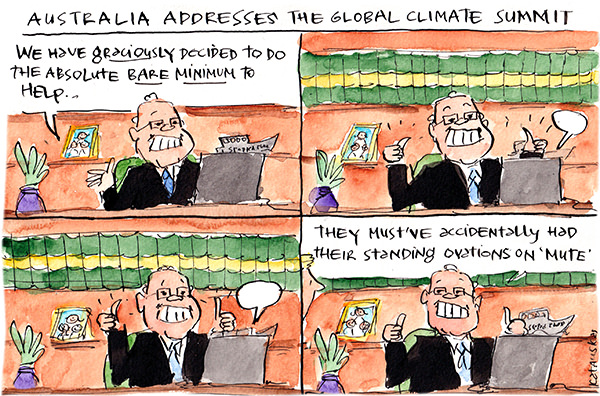
CARTOON
- Fiona Katauskas
- 08 December 2020
READ MORE 
-

ECONOMICS
- David James
- 20 October 2020
3 Comments
The global economy was already teetering on the edge of such a debt crisis before the coronavirus hit. The economic shutdowns have accelerated the damage.
READ MORE 
-
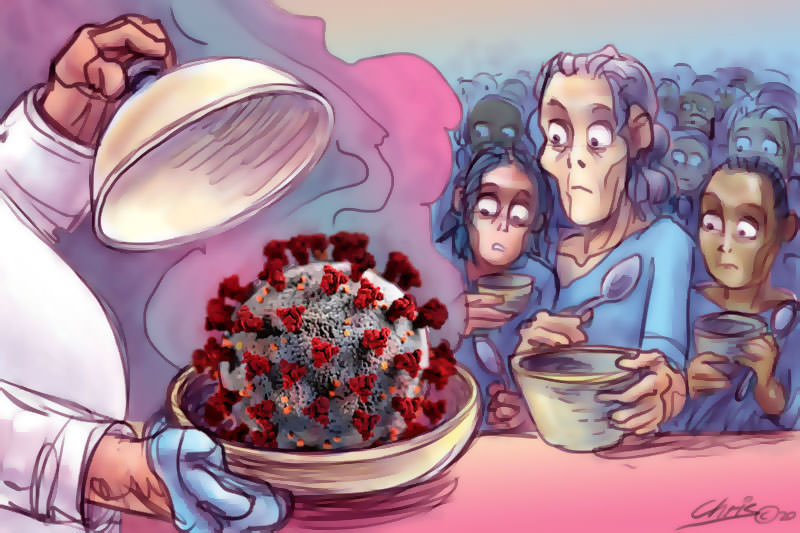
INTERNATIONAL
- Maddison Moore
- 01 September 2020
2 Comments
The global impact of COVID-19 has further increased inequality in food security, with nations already facing widespread famine, malnutrition and food insecurity being hit the hardest.
READ MORE 
-
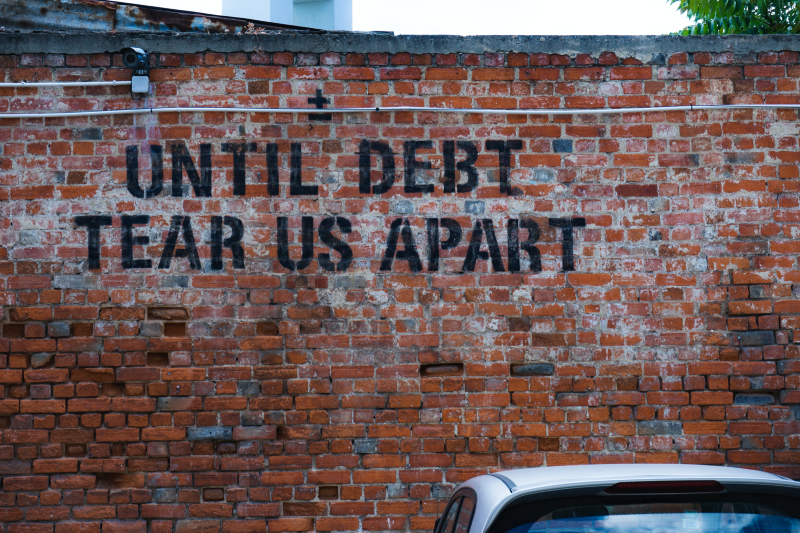
ECONOMICS
- David James
- 20 August 2020
6 Comments
There will be Great Reset in finance and economics. It is inevitable because the shock has been so great. The first problem is what to do with global debt, which was already at unsustainable levels before the virus hit: over 320 per cent of global GDP. The only way to prevent system-wide failure has been to lower interest rates to near zero levels.
READ MORE 
-

ECONOMICS
The full economic impact of the coronavirus lockdowns will not be fully felt until the end of the year, but it will be devastating. The Treasurer, Josh Frydenberg, is already estimating that the effective employment rate is 13.3 per cent; it may be headed for as high as 20 per cent. It raises a question, not just in Australia, but in many developed countries. Will there be a significant middle class left after such economic destruction?
READ MORE 
-
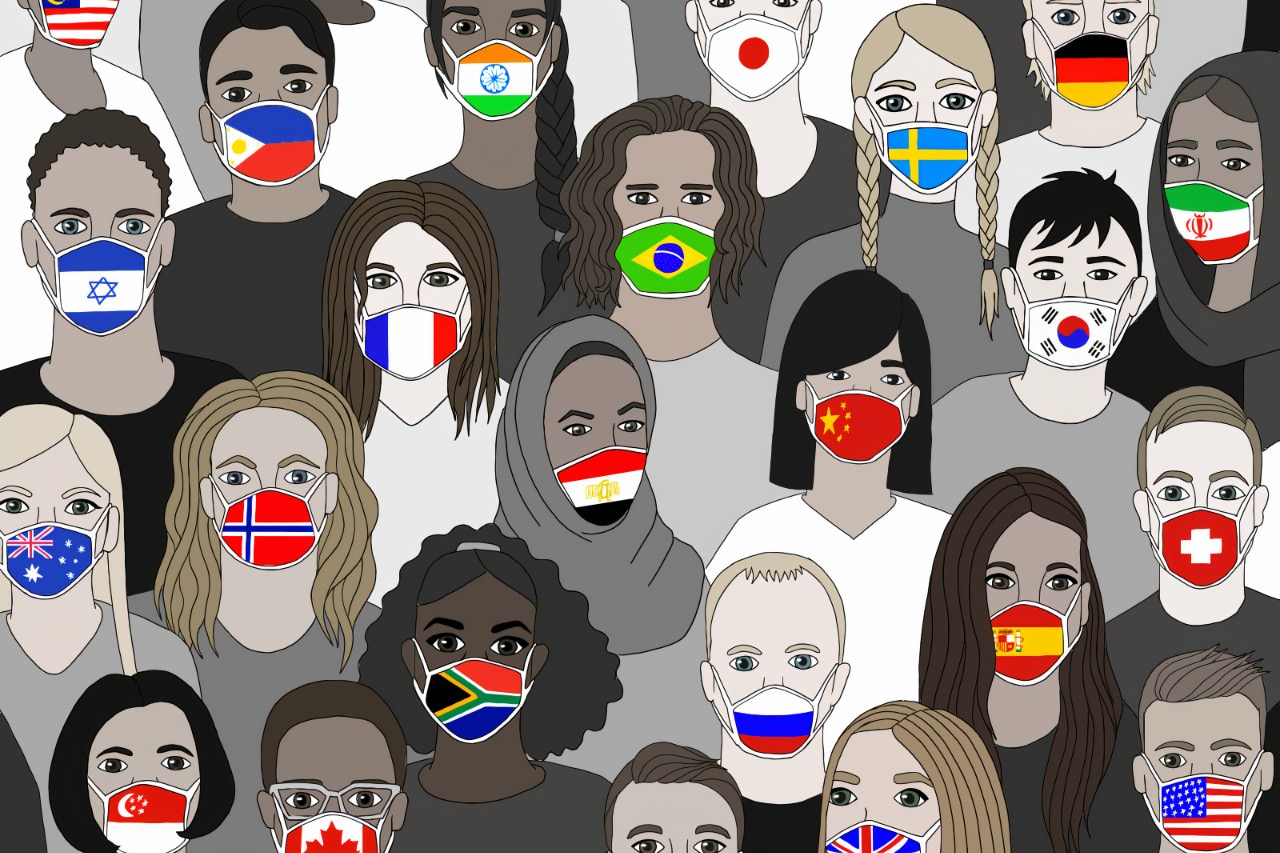
ECONOMICS
A commonly heard phrase, or rather media cliché, is that after the COVID-19 crisis ‘things will never be the same.’ It is an understandable sentiment, given the seemingly unprecedented nature of recent events. But how novel is what happened, and how much will actually change?
READ MORE 
-

AUSTRALIA
What is often not expected or well understood is the effect of ‘lag time’ aftershocks in our regions following economic crisis. Lag time is an attribute of some rural, regional and remote communities and is most often seen in economically path dependent and single industry communities, many of which of course, comprise RRR Australia.
READ MORE 
-

ECONOMICS
To date, most of the Morrison government’s economic packages could best be described as ‘economic welfare’. They are measures designed to limit the impact on the economy of the COVID-19 pandemic. The recovery phase will very much need to be about stimulating the Australian economy.
READ MORE 
-

INTERNATIONAL
- Ramona Wadi
- 30 April 2020
After building a reputation for foreign intervention and collateral damage — the most recent example being Libya — the North Atlantic Treaty Organisation (NATO) is asserting its influence during the COVID-19 pandemic, this time by exploiting the humanitarian paradigm.
READ MORE 
-
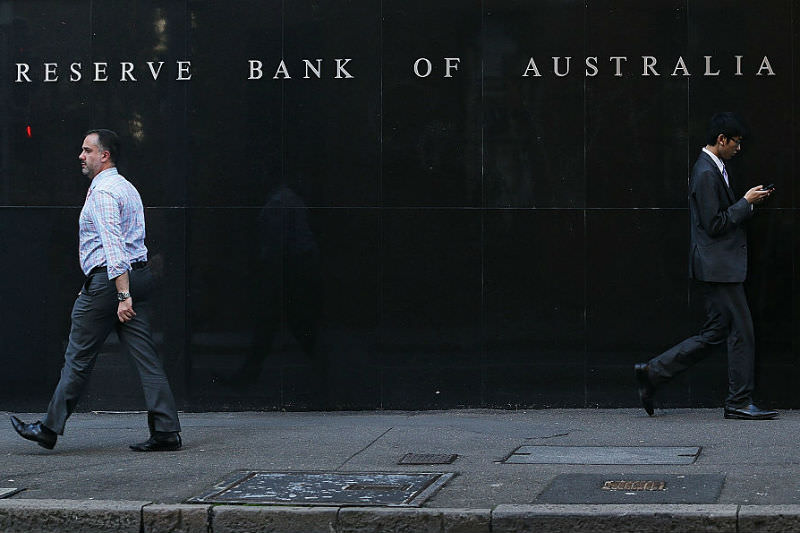
ECONOMICS
- David James
- 29 April 2020
6 Comments
The COVID-19 pandemic is starting to ease, but the economic and financial fall out has just begun. It is not as if the world economy was in good shape before economic activity was slashed and entire industries were shut down. Those fault lines are only going to worsen, and the consequences might be very dark.
READ MORE 
-

AUSTRALIA
- Abigail Lewis
- 23 April 2020
6 Comments
It would seem that many of us, on all sides of politics, agree that evicting someone from their home because an emergency circumstance beyond their control has affected their ability to pay their rent on time is morally questionable at best. And yet, before COVID-19, this was something we allowed to happen all the time.
READ MORE 
-

AUSTRALIA
- Celeste Liddle
- 02 April 2020
7 Comments
While there have been endless social media posts, political campaigns and the like about staying safe by staying at home, I have been concerned about the many people who are not safe at home and what this may mean to them. What will this mean for the woman who’s been living with a domestic violence perpetrator for years?
READ MORE 